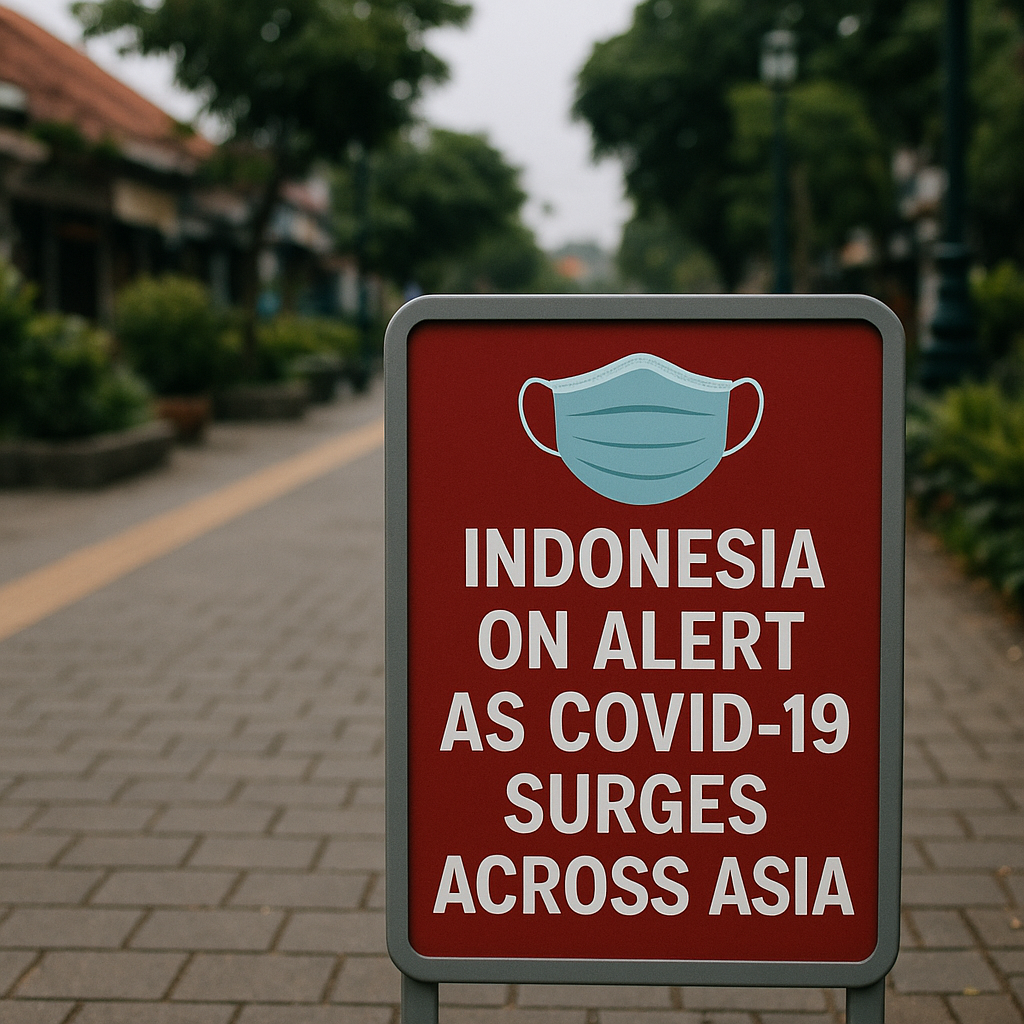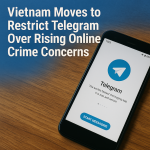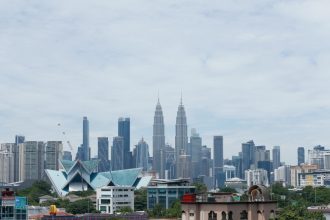As Covid-19 infections spike across parts of Asia, Indonesia is quietly holding its ground—calm, watchful, and prepared. While countries like Thailand, Singapore, and Hong Kong see a noticeable rise in cases, Indonesian health officials are taking proactive steps to ensure that the nation remains steady and safe.
“We’ve come a long way since the early days of the pandemic,” said Aji Muhawarman, a spokesperson for the Ministry of Health. “This time, we’re better equipped—our hospitals, labs, and medical workers are ready.”
His words, spoken on May 21, carry a tone of reassurance. Indonesia hasn’t forgotten the painful lessons of the past few years, and it shows. Thanks to early investments in healthcare and digital monitoring systems, new daily Covid-19 cases in the country have stayed in the single digits since December.
But this isn’t a moment for complacency. Authorities are stepping up health checks at airports and ports. Travelers entering the country are now required to fill out a digital health declaration called the SATUSEHAT Health Pass, which helps monitor for any signs of incoming infection.
Inside the country, the Early Warning and Response System (SKDR) quietly works in the background. It’s a digital network that collects health data from clinics and hospitals, helping officials track and respond to potential outbreaks before they grow.
Still, there’s concern over low booster vaccine uptake. “We really urge elderly people and those with existing health issues to get their boosters,” Aji added. While 75% of the population has completed the primary vaccine series, only 39% have had one booster shot—and just 2% have received the second.
Health experts like Riris Andono Ahmad from Gadjah Mada University agree that now is the time for readiness, not panic. “We don’t need to stay on high alert forever—that’s not practical,” he said. “But we must be able to act fast when it counts.”
Dicky Budiman, an epidemiologist from Griffith University, echoed those sentiments, stressing the need for more genomic testing and case tracing. The virus continues to mutate, and new subvariants, like JN1, are more contagious even if not more deadly.
“We’re not out of the woods yet,” Dicky warned. “If countries like Indonesia don’t stay alert, we risk letting these mutations spread unnoticed.”
Globally, the call for unity in the fight against pandemics is growing stronger. Just this week, member countries of the World Health Organization adopted a new Pandemic Agreement aimed at improving coordination, transparency, and equitable vaccine access worldwide.
“The agreement is a win for public health and global solidarity,” said WHO Director-General Tedros Adhanom Ghebreyesus. “It’s a promise to do better—together.”
For now, Indonesia remains steady. Quietly alert, gently urging citizens to stay informed, get boosted, and be ready. Because while the virus may still be evolving, so is our ability to fight it.








